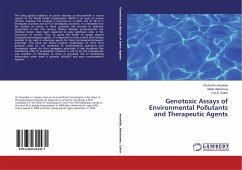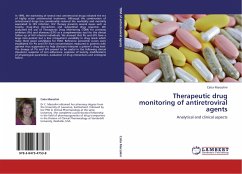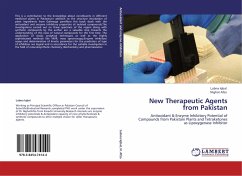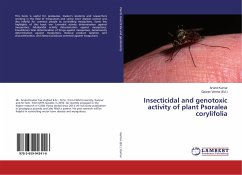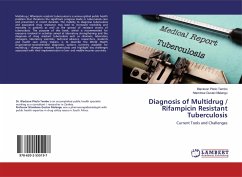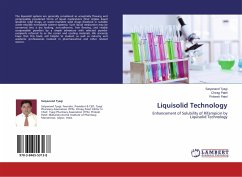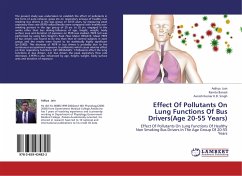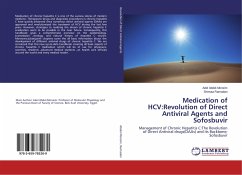The rising global incidence of cancer diseases as documented in recent reports of the World Health Organization (WHO) is an issue of serious concern, because the increase is occurring at a faster rate of 48 % in developed countries and 52 % in developing countries. It is estimated that the burden of cancer in these countries will increase to epidemic proportions in the 21st century. Dietary, lifestyle, environmental and chemical factors have been suspected to play significant roles in the occurrence of cancers. Thus, to guard the health of people against mutagenic/carcinogenic agents, it is important to have a short term testing method to be used in screening agents for their carcinogenic/mutagenic potentials. This book has shown positive modification of short term bacterial assay for the screening of environmental pollutants and therapeutic agents for their mutagenic potentials. It also elucidated the modulatory roles of antioxidants (vitamins C and E) on the mutagenicity and toxicities of rifampicin as there is increased risk of developing tuberculosis when there is poverty, HIV/AIDS and poor environmental hygiene.

